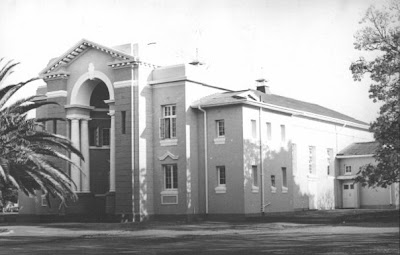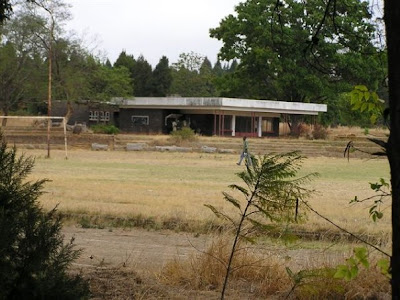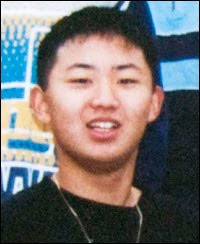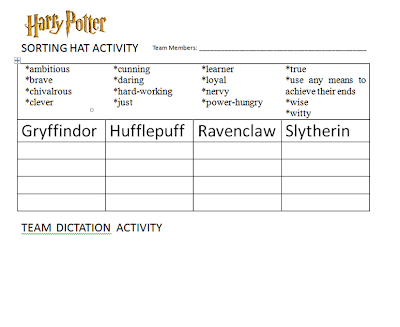Similarly, the date follows a holiday, 삼일 Sam-il or 3 - 1, the date of one of the first displays of the Korean independence movement against Japanese occupation. To give you an idea of the moral influence the US once exerted in the world, the authors of the movement were inspired by Woodrow Wilson's speech in which he outlined the "fourteen points" of national self-determination.
2) After a two-month drought, I've had 양고치 yang gochi the last two Saturdays, first with Nick in Daerim. Then yesterday, I met up with Karen and Patrick, just returned from Borneo, to give them the Bongcheon drill. Patrick had never had makulli before, and sagely noted on his first sip that drinks where you can't detect the taste of alcohol are the most dangerous ones.
True to the prediction, we were in a 노레방 at 2 AM.
3) Korea has long had a pro-smoking culture. Bars, restaurants, office buildings, etc., almost uniformly allow smoking. Until last year, soldiers were given a free ration of cigarettes--and all Korean males spend about two years doing military service.
Government efforts to rein in tobacco use have been less than effective, but I read a story tonight in the Dong-A Ilbo about how some chaebol (large corporations) are approaching the issue. Mostly, they are offering incentives for quitting, including bonuses like cash or a free bicycle. Some are using disincentives:
Woongjin Group Chairman Yoon Seok-keum sent a letter to smoking workers in May last year saying, “Quitting smoking is the easiest and the most fundamental way to boost health and cut CO2 emissions.”
By doing so, 56 percent of the 1,800 smoking workers pledged to give up the habit. New employees were also made to take an anti-smoking pledge, and smoking workers must perform four more hours of community service than non-smokers (16 hours).
Quitting smoking is "the most fundamental way to ... reduce CO2 emissions"?
























